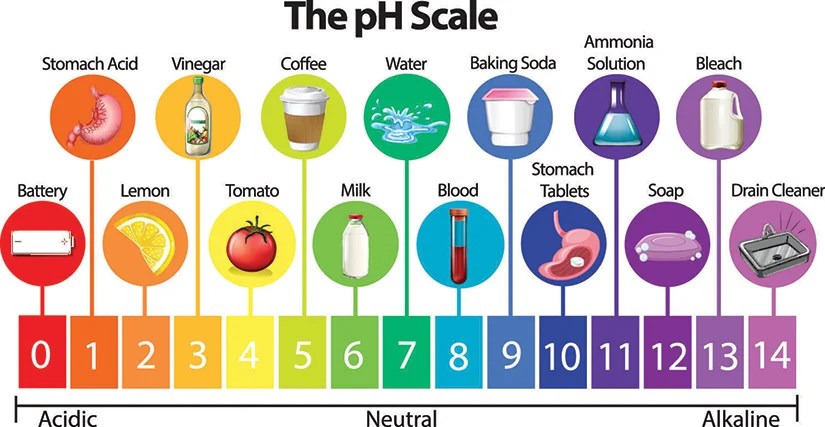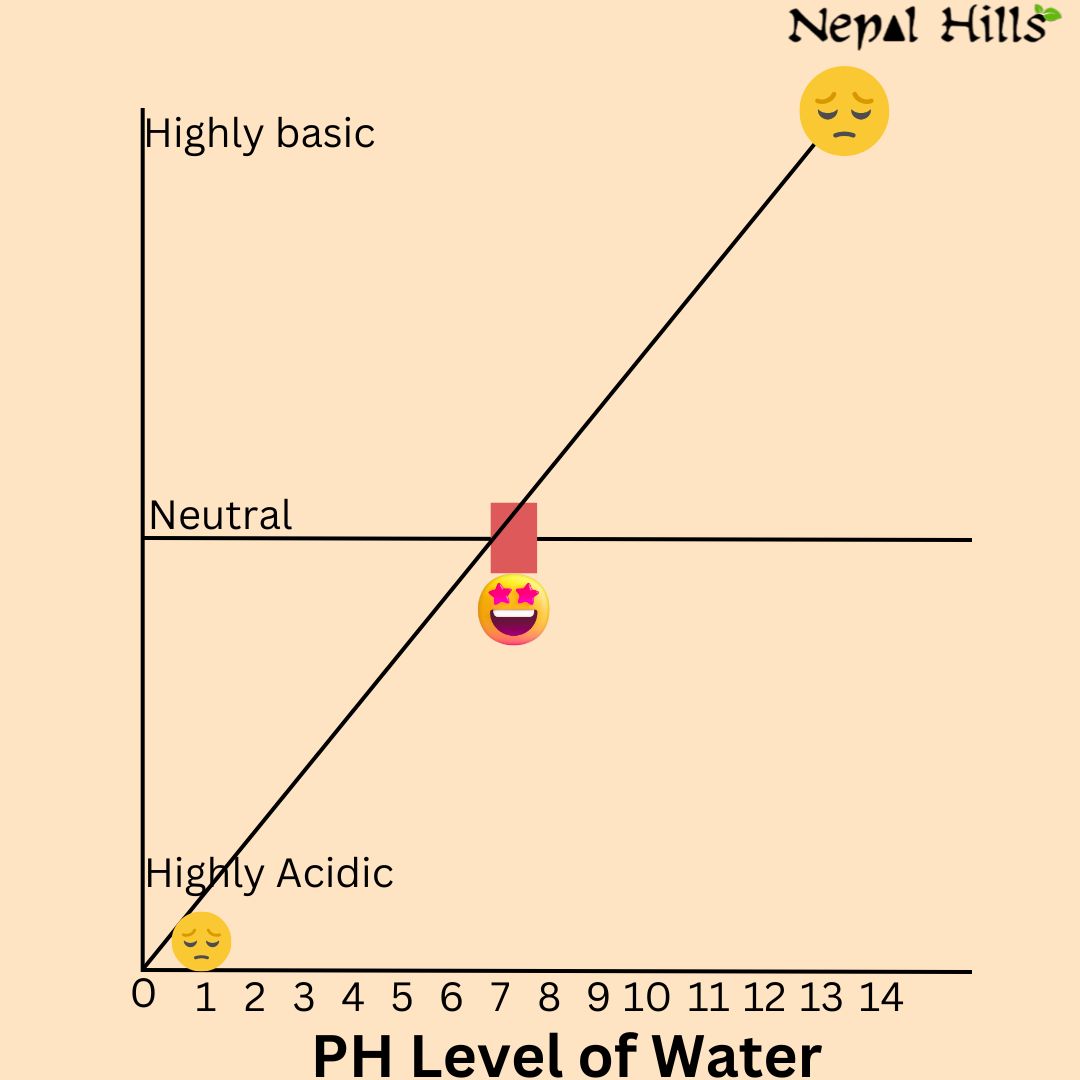If you’ve ever brewed the same tea leaves using the same steeping time and temperature, only to find that the taste varies, you might have been left scratching your head. What’s going on? Well, here’s a little secret from the tea world: it’s all about the water.
Yes, the water you use to brew your tea can make a world of difference. But why is that? Let’s dive into the fascinating chemistry behind water and tea to uncover the truth.

First, let’s talk about pH levels. If you’re not familiar, pH is a scale that measures how acidic or alkaline (basic) a substance is. The scale ranges from 0 to 14, with 7 being neutral. Anything below 7 is acidic, and anything above 7 is alkaline.
Here’s a quick look at the pH levels of different types of water:
-
Distilled water: pH around 7 (neutral)
-
Tap water: pH around 7.5 (but this can vary depending on where you live)
-
Bottled water: pH range 5-10 (yes, it varies a lot!)
-
Sparkling water: pH 4.5-6 (slightly acidic)
-
Ocean water: pH around 8 (alkaline)
-
Alkaline water: pH 8-10 (very alkaline)
-
Humic waters: pH 5.0-4.5 (acidic, often found in areas with dense vegetation)

Picture: culligan.com
How Water Interacts with Tea Molecules
Steeping tea isn’t just about soaking leaves in hot water—it’s a full-blown chemical process! Here’s what happens when you steep tea:
-
Water creeps into the tea leaves: At the right temperature and time, water starts penetrating the cells of the tea leaves.
-
Chemical reactions begin: The water and the chemicals inside the tea leaves start reacting, breaking down the cell walls.
-
Flavor compounds are released: The tea’s chemicals—like polyphenols, caffeine, and essential oils—are released into the water.
-
Color changes: You’ll notice the water gradually changing color as the tea steeps.
Water pH and Tea Taste
Now, let’s get to the juicy part: why does tea taste different depending on the water’s pH? It all comes down to chemistry.
The taste and aroma of your tea depend on the polyphenols stored in the tea leaves. When you use neutral water (pH 7), the tea can release 100% of its pure flavor compounds. But when the water is too acidic or too alkaline, things get complicated.
-
Acidic water (pH below 7): The impurities in the water react with the tea, creating new chemical bonds and byproducts. This can alter the taste, often making it more metallic or bitter.
-
Alkaline water (pH above 7): The water can react with the tea’s compounds, producing a slippery or soapy sensation on your tongue and ruining the tea’s natural flavor.
In short, the purer the water, the purer the tea. It’s like giving your tea leaves a clean canvas to express their true flavors.
Optimal Water pH for Perfect Tea Brewing
So, what’s the ideal water pH for brewing tea? Experts recommend using water with a pH between 7 and 8. This range is slightly neutral to mildly alkaline, which allows the tea’s natural flavors to shine without any unwanted aftertastes.
Here are a few tips to keep in mind:
-
Avoid water with a pH below 6.5: It can bring out a metallic taste and make your tea bitter.
-
Avoid water with a pH above 8: It can create a slippery feeling on your tongue and ruin the tea’s delicate flavors.
-
Tap water is usually a safe bet: Most tap water falls within the ideal pH range, but if your tap water is heavily treated or has a strong taste, consider using filtered water instead.
Next time you brew a cup of tea, take a moment to think about the water you’re using. Those tiny differences in pH can have a big impact on your tea’s flavor, aroma, and overall experience. It’s like unlocking a hidden layer of tea appreciation—one that starts with the very foundation of your brew.
So, whether you’re a casual tea drinker or a seasoned connoisseur, remember: in the world of tea, the smallest details can make the biggest difference. Happy brewing!
And Do not forget to comment below about your experience on water type and tea taste.
Written by:
Bhaskar Dahal




